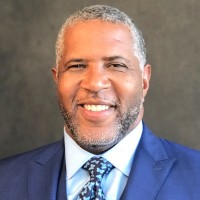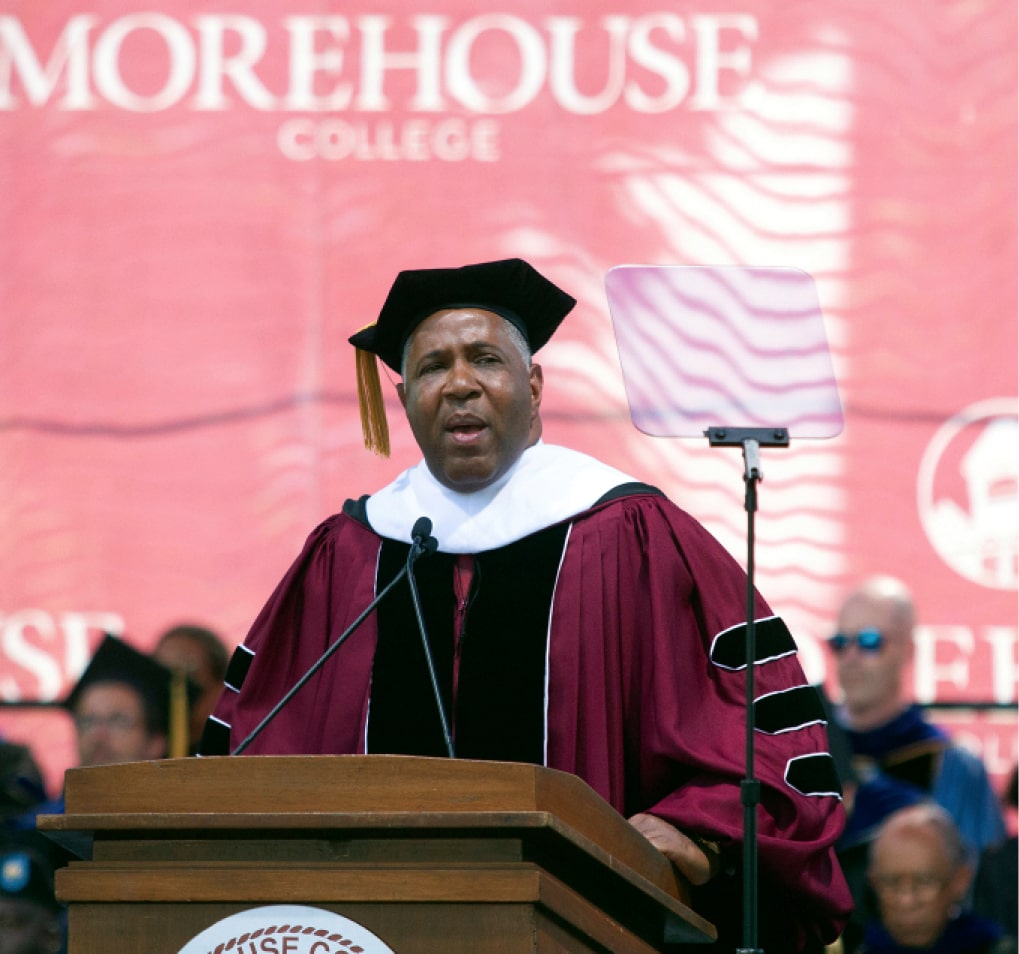- Income inequality is an economic indicator that reveals the imbalance between the income top earners take home vs. that of middle-class and lower-income earners.
- Income equality could be achieved at global and national levels if we address the drivers of inequality such as inequity in access to technology, fiscal policies that favor the wealthy, systemic racism and gender inequality.
- Solutions to addressing income inequality include economic reform, strengthening unions and increasing access to high-speed internet for populations in broadband deserts.
Table of Contents
Income inequality creates barriers for people to attain economic prosperity. Over time, economic inequality paralyzes lower-income households and creates further economic disparities. It forces lower-income households to spend more on living expenses, while wealthier individuals can save and invest their income. If income disparities persist, wealth creation becomes concentrated among the most affluent individuals.
Reducing the wealth gap and economic inequality is possible over time. However, it is harder to achieve when economic disparity increases. That is why it is necessary to create a balanced economy that provides equal opportunities for individuals regardless of gender, race or ethnicity.
Ahead, we define income inequality and dive into its history in the U.S. We also discuss current income inequality trends and consider what can be done to achieve global income equality.
What Is Income Inequality?
Income inequality refers to income being unequally distributed among individuals of a specific population. This economic indicator can be measured at a global, national or regional level. Each of these measures helps us understand more about economic progress or potential decline.
Countries with more income equality have more resilient economies. They are better able to weather financial downturns. Countries with higher income inequality see reduced spending and economic demand, resulting in stagnant economies.
Measures of income inequality reveal how countries compare in having economic health and inclusivity. This information helps governments create economic policies that offer mobility for lower-income earners and the middle class. However, government policies can also move the pendulum in the other direction, concentrating income and wealth among top earners. This is a recent trend seen in the U.S.


Get Industry leading insights from Robert F. Smith directly in your LinkedIn feed.
Get Industry leading insights from Robert F. Smith directly in your LinkedIn feed.
The History of Income Inequality in the U.S.
Income inequality in the U.S. has risen and fallen over the past century because of various economic factors and government policies. After reaching high levels in the 1920s, income inequality in the U.S. fell in the decades before World War II. Postwar, most Americans shared in economic prosperity until inequality began to rise again in the 1970s.
According to 2020 data from the Center on Budget and Policy Priorities, between 1979 and 2007, income increased minimally for most Americans, but it increased by 300% for the top 1% of earners. These numbers fluctuated during the economic downturn in the early 2000s and the Great Recession. Since then, the income gap has been widening.
Current Trends in Income Inequality
Today, earning inequality is still on the rise. According to 2022 World Inequality Report figures, the lower 50% of earners make 8.5% of global income, but the top 10% of earners make 52% of global income. This economic disparity has resulted in an imbalance in wealth creation.
Another consideration in earning inequality is its effect on racial and gender income inequality. Black workers in the U.S. earned 27.42% less in median earnings than white workers. In this same period, according to data from the U.S. Bureau of Labor Statistics, the average woman earned 16.8% less than the average man in the first quarter of 2024.
If this U.S. trend continues, it will be harder for Black, Latino and female earners to create wealth and achieve racial and gender income equality. This bleeds into other areas, like political and corporate representation. If left unaddressed, these disparities make it more difficult to address social issues like systemic racism.
With a small percentage of earners having most of the wealth creation, it is harder to create economic growth and stability. The last time income inequality levels were this high was in the 1920s, just before the Great Depression. That is why it is so important to promote diversity, equity and inclusion, close the wealth gap and create talent pipelines for lower-income.
More socioeconomically balanced countries have reduced income inequality with a variety of solutions. The result is less poverty, evenly distributed wealth and upward mobility across races and genders. Ahead, we explore these solutions and how they can create income equality.
Solutions to Addressing Income Inequality
When instances of income inequality have created economic downturns, various solutions have been implemented to address it at multiple levels. In today’s digital economy, additional barriers to income equality must be addressed to achieve income equality in the U.S.
Here are just some solutions to addressing income inequality:
- Unionization: Union workers earn more than non-union workers. The rise of unions in the U.S. was followed by an era of socioeconomic balance. Strengthening unions could help mitigate income inequality and increase wages.
- Economic Reform: Countries have successfully addressed income inequality by enacting economic reform policies that favor the middle class and provide economic mobility for lower-income individuals. This may include updating certain tax policies.
- Bridging the Digital Divide: Creating access to high-speed internet while bridging the digital divide helps increase digital literacy, which is a key component of working in the digital economy. This can help individuals seek and keep better employment opportunities.
With generative AI transforming the way we work in real-time, income equality has become an urgent issue. Technological development creates new pathways to success, which is why creating diversity across race, gender, ethnicity and income levels will ensure equal participation in the global digital economy of the future.
Stay up to date with the latest from Robert F. Smith and the importance of understanding income inequality and other topics about equity and equality by following him on LinkedIn.







